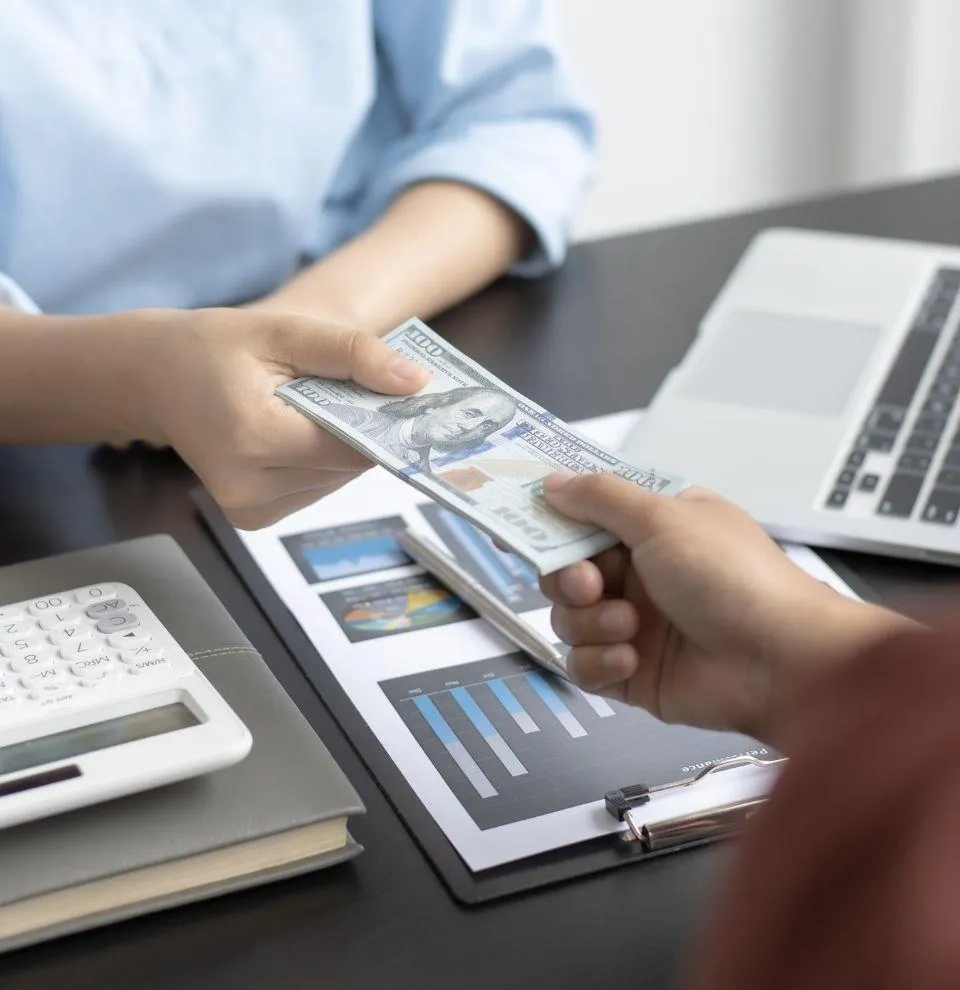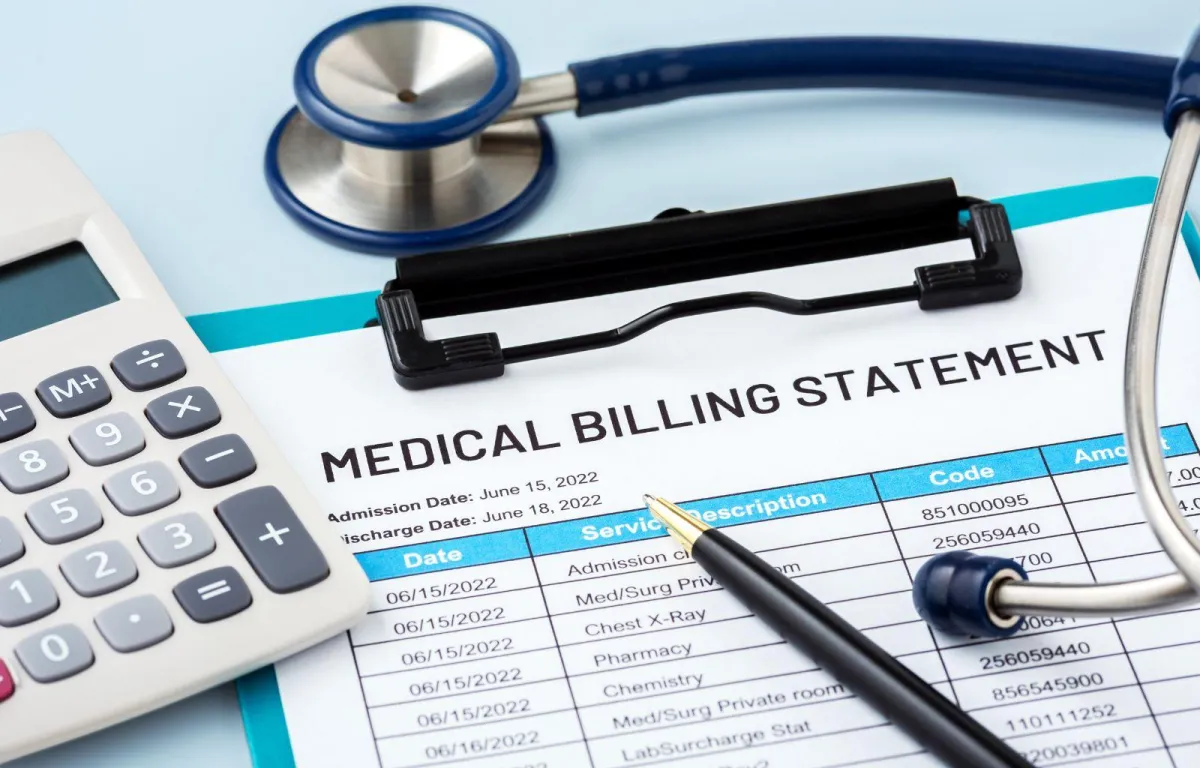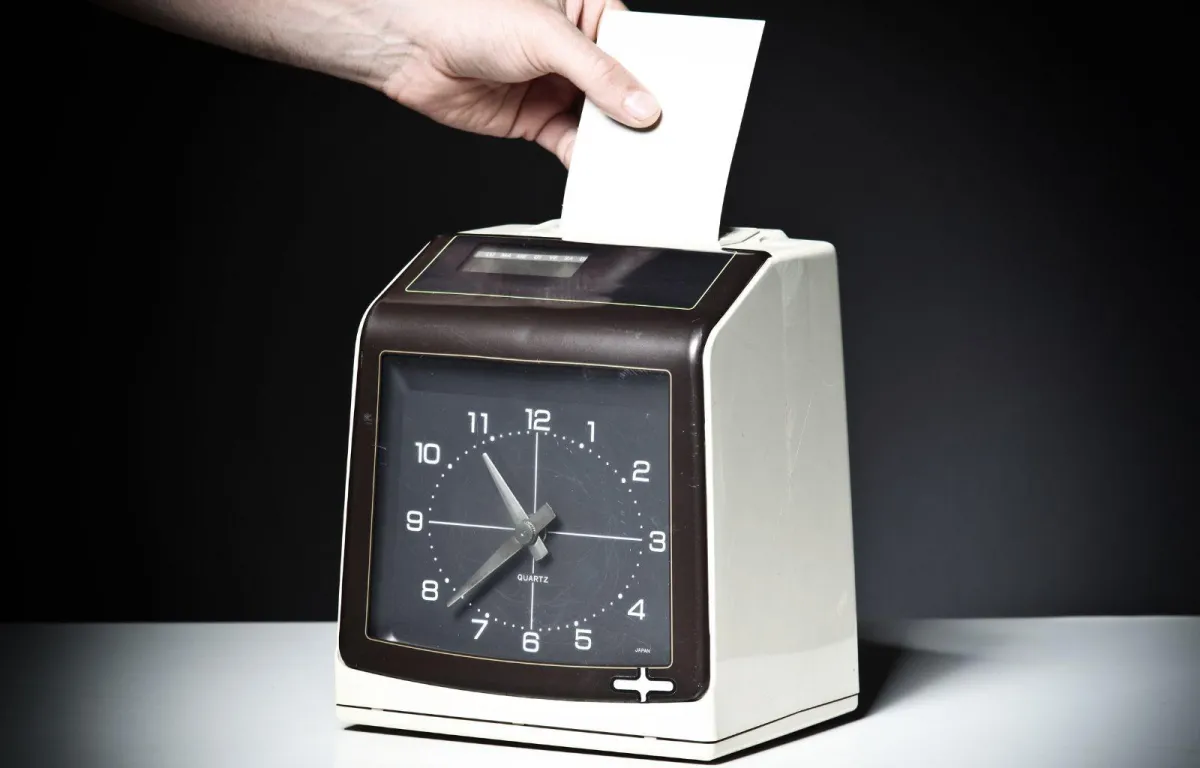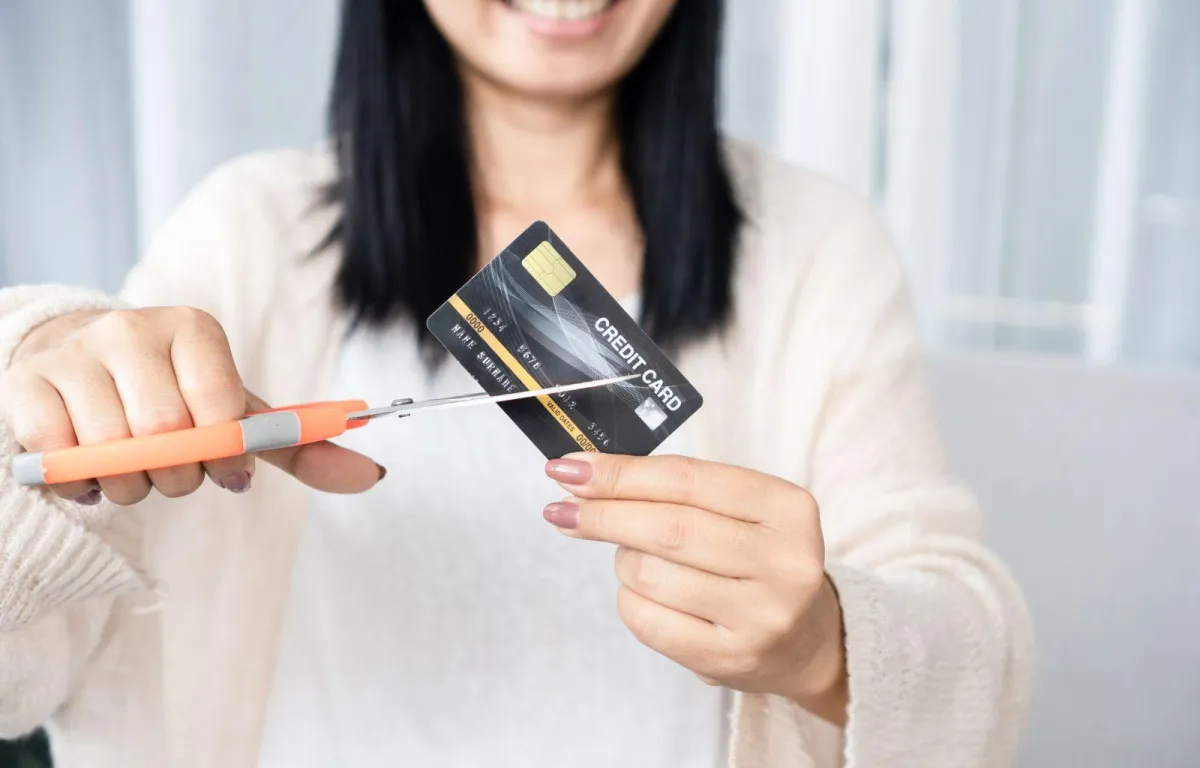Unsecured Debt Relief
Struggling with debt can be overwhelming, especially when it feels like every payment you make barely dents the balance. For millions of Americans, the problem stems from unsecured debt; balances that are not tied to property such as a car or home. While unsecured debt may not put your assets at immediate risk, creditors still have powerful tools to collect, including lawsuits, wage garnishment, and constant phone calls.
5-Star Reviews!
What Is Unsecured Debt?
Unsecured debt refers to money you borrow without pledging collateral. Because creditors cannot repossess property like a house or vehicle, they charge higher interest rates to offset the risk. This is why unsecured debt often grows quickly once balances are left unpaid.
Common Types of Unsecured Debt
Credit cards: High-interest revolving balances that can double or triple due to compounding interest.
Medical bills: Expenses from hospitals, clinics, or emergency visits that often end up in collections.
Personal loans: Lump-sum cash borrowed without collateral, repaid in monthly installments.
Retail and charge cards: Store-branded accounts with high penalty fees.
Utilities and service accounts: Past-due balances for electricity, internet, or phone services.
Debts That Do Not Qualify
Certain obligations cannot be resolved through unsecured debt relief programs:
Mortgages and home equity loans
Auto loans
Court-ordered payments such as child support or alimony
Most tax debts
Understanding the difference is critical because mixing secured and unsecured obligations requires different legal and financial strategies.

Why Unsecured Debt Becomes a Problem
Unsecured debt is deceptively easy to accumulate. Credit cards and personal loans provide quick access to funds, but high annual percentage rates (APRs) make it difficult to pay down balances. For example:
A $5,000 credit card balance at 22% APR can take more than 20 years to pay off if you make only minimum payments.
Unexpected medical emergencies can result in thousands of dollars in bills, even for insured individuals.
Missed payments add late fees, penalty interest, and collection costs.
Over time, balances spiral, and consumers find themselves in a cycle of financial hardship where income is consumed by debt service rather than savings or essentials.
How Unsecured Debt Relief Works
Free Debt Evaluation
A certified debt specialist reviews your financial picture; income, expenses, and debts, to determine if settlement, consolidation, or another solution is the right fit.
Connection With Relief Providers
DSN connects you with trusted partners who work with credit card companies, collection agencies, and medical providers to pursue reduced balances and potential fee waivers. Creditors are often willing to accept less because recovering a portion of the balance is preferable to receiving nothing at all.
Dedicated Account and Single Monthly Payment
Instead of juggling multiple due dates, you deposit one predictable monthly payment into a secure account that you control. When settlements are reached, funds from this account are used to pay creditors.
Resolution Timeline
Most clients see results within 24 to 48 months, depending on the size of their debt and how quickly funds accumulate. Throughout the process, you’ll have access to real-time progress updates.
Post-Relief Financial Coaching
Our support doesn’t end once accounts are settled. DSN provides credit rebuilding strategies, budgeting resources, and financial education to help you stay on track.
Benefits of Unsecured Debt Relief
Reduced Balances: Settle debts for a fraction of the original amount.
Simplified Payments: Replace multiple bills with one manageable monthly deposit.
Faster Resolution: Become debt-free in years instead of decades.
Collection Relief: Stop the constant calls and letters once creditors are included in the program.
Professional Advocacy: Experienced negotiators handle the back-and-forth with creditors.

Risks and Considerations
Impact on Credit
Because creditors typically require accounts to be delinquent before settling, your credit score may initially decline. Many clients see recovery as debts are paid off.
Taxable Income
The IRS may classify forgiven balances of $600 or more as taxable income. Always consult a tax professional.
Creditor Legal Action
Some creditors may pursue lawsuits. State laws vary on wage garnishment and judgment enforcement.
Commitment Required
Success depends on consistent program payments. Skipping deposits can delay or jeopardize results.

Consumer Rights and Protections
Even if you are behind on payments, you still have rights under federal law. The Fair Debt Collection Practices Act (FDCPA) protects consumers from abusive collection practices. Debt collectors cannot:
Call excessively with intent to harass
Use obscene or threatening language
Misrepresent how much you owe
Contact you before 8 a.m. or after 9 p.m. without consent
If these rights are violated, complaints can be filed with the Federal Trade Commission (FTC), the Consumer Financial Protection Bureau (CFPB), or your state attorney general’s office.
This legal framework gives you leverage, and working with a professional relief company ensures creditors respect your rights.
Comparing Options for Unsecured Debt
Not all debt solutions are the same. Below is a breakdown of common approaches:
| Option | How It Works | Effect on Balance | Credit Impact | Typical Timeline | Best For |
|---|---|---|---|---|---|
| Debt Settlement | Negotiators work with creditors to accept less than owed | Reduces principal | Temporary score decline | 24–48 months | High unsecured debt |
| Debt Consolidation | Combines multiple debts into one loan at lower interest | Balance stays the same | Neutral if payments made | 24–60 months | Good credit score + stable income |
| Credit Counseling | Nonprofits arrange structured repayment plans | Reduces fees, not balance | Minimal impact | 36–60 months | Those needing education + discipline |
| Minimum Payments | Pay as billed each month | No reduction, often long-term interest | Neutral if on time | 10–20+ years | Low debt balances |

Why Choose Debt Support National?
Proven Track Record: We’ve helped thousands of clients resolve millions in unsecured debt.
Customized Plans: Every program is designed around your income, expenses, and goals.
Experienced Team: Our negotiators understand industry practices and creditor behavior.
Full Transparency: We disclose all potential risks and outcomes upfront, no surprises.
Ongoing Support: Education and coaching continue even after your debt is resolved.
See Our Reviews
Taking the First Step Toward Relief
Living with unsecured debt can feel like carrying a weight that never gets lighter. The good news is, you don’t have to carry it alone. With professional guidance, you can stop the collection calls, lower your balances, and finally see a clear path forward. Contact Debt Support National today for a free consultation and begin your journey toward financial freedom.
FAQs About Unsecured Debt Relief
What happens if I stop paying my unsecured debt?
If you stop making payments, creditors may add late fees and increase your interest rate. Accounts can be sent to collections, which leads to persistent calls and letters. In some cases, creditors may file a lawsuit, and if they win, they could obtain a judgment allowing wage garnishment or bank account levies depending on your state laws.
How long does unsecured debt relief take?
Most unsecured debt relief programs are completed within 24 to 48 months. The exact timeline depends on how much debt you have, the creditors involved, and how consistently you make your program deposits. Compared to paying only minimum payments, which can take decades, relief programs are usually much faster.
Is unsecured debt relief legal in all states?
Yes, unsecured debt relief programs are legal across the United States, but each state has its own laws that affect the process. For example, rules around wage garnishment, court judgments, and creditor lawsuits differ from one state to another. Federal laws like the Fair Debt Collection Practices Act (FDCPA) apply nationwide, but state-level protections may provide additional rights. A qualified debt relief company like DSN explains how both federal and state laws apply to your situation before you enroll.
Will creditors stop calling once I join a debt relief program?
Creditors may still attempt to contact you, but once accounts are included in settlement negotiations, most collection activity decreases significantly. You also have rights under the Fair Debt Collection Practices Act (FDCPA), which prohibits harassment, threats, or misleading communication from debt collectors.
Who is a good candidate for unsecured debt relief?
Debt relief is best suited for individuals who owe more than $7,500 in unsecured debt, struggle with high interest rates, and cannot keep up with minimum payments. It is designed for those experiencing genuine financial hardship who need a structured path to becoming debt-free.

Helping you achieve financial success with expert guidance and personalized strategies.
Opening hours
Mon - Fri : 9:00 AM - 7:00 PM
Saturday: 9:00 AM - 6:00 PM
Sunday: Closed
Disclaimer : Debt Support National is an independent website created to help users find a solution to their debt problems. Our service is free to use and you are under no obligation to accept any of the recommendations you receive. Calls may be recorded for training and quality purposes. Please check with your service provider for details. On completion of our form, we will introduce you to one of our authorised Debt Solutions provider. We use the contact details you have given us on the form to make this introduction. An adviser will contact you by telephone. During that call, the expert adviser will discuss your options in more detail to see if they can help.
Pulse Digital LLC does not directly administer debt management services. It is ultimately up to you to determine whether the company that we may introduce you to are appropriate for your situation.
Pulse Digital LLC is paid for providing marketing services to selected Debt Management companies who are legally appointed to manage debt adjustment services. They have no affiliation with your Creditors. They will offer free initial consultations with no further obligation.
We use cookies to give you the best experience. By using our website, you agree to our use of cookies in accordance with our cookie policy. Names and pictures associated with client testimonials are not real in order to protect the privacy of all clients.
www.deptsupportnational.com is owned by Pulse Digital LLC. Registered Address: 447 Broadway, 2nd Floor, 754, New York, NY 10013
© Debt Support National. 2025. All Rights Reserved.







